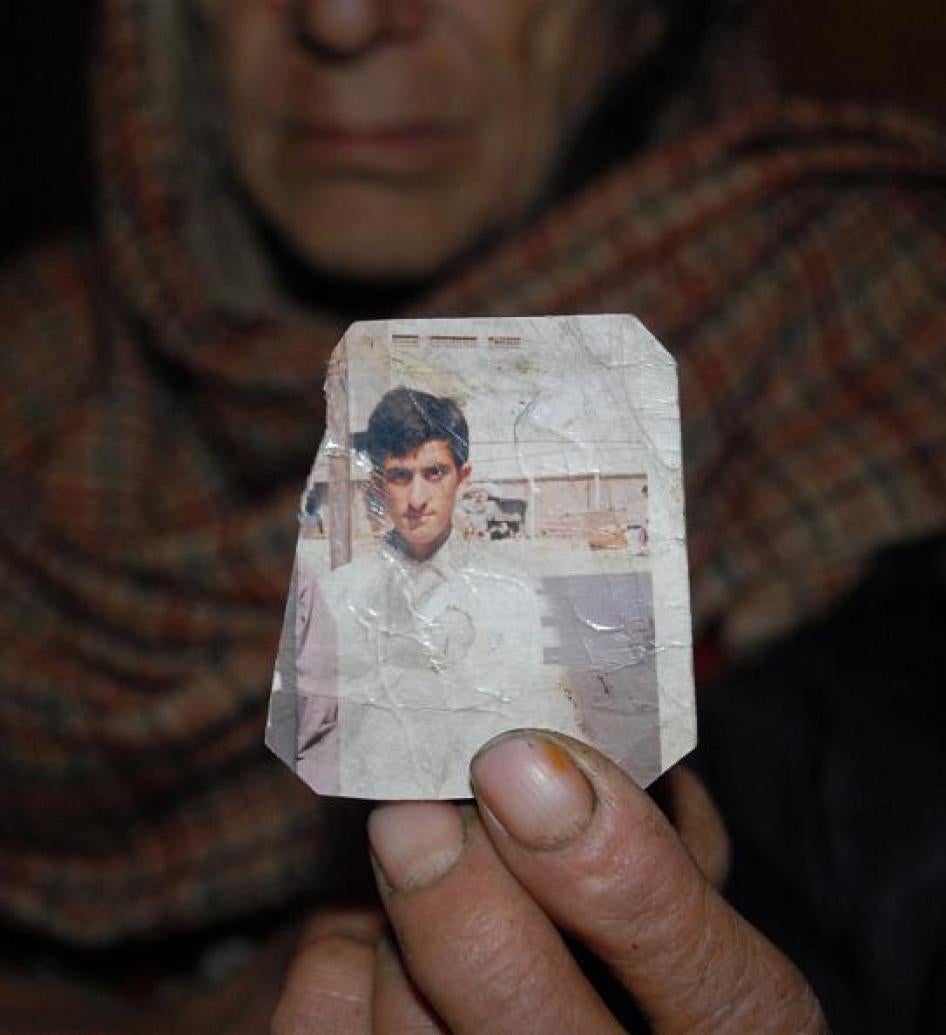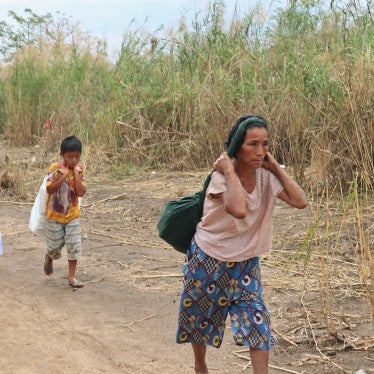Shafqat Hussain was allegedly 14 or 15 years old when sentenced in 2004 for kidnapping and killing a 7-year-old boy. But the possibility of his having committed the crime while a child and allegations that his confession was a result of police torture didn’t save him from the gallows at Karachi Central Jail earlier today. Hussain’s legal team at Justice Project Pakistan had dismissed as “a sham” the December 2014 inquiry to clarify Hussain’s age and the circumstances of his conviction, concluding, “[t]here was no inquiry conducted at all.” But the Islamabad High Court’s May 21 rejection of an appeal from Hussain’s lawyers to conclusively address concerns about his age sealed his fate.
Pakistani law forbids the use of the death penalty against defendants under 18 at the time of the offense, and Pakistan has ratified both the International Covenant on Civil and Political Rights and the Convention on the Rights of the Child, which specifically prohibit this. Allegations that Hussain’s conviction was based on a confession obtained through torture by security forces in Sindh province makes his execution even more distressing. That torture allegedly included electrical shocks to his genitals, pulling out three of his fingernails, and burning him with cigarette butts. When Hussain’s brother Manzoor later asked him about the torture allegations, Shafqat “started shivering and wet his pants.”
Shafqat Hussain is just the latest victim of the Pakistani government’s execution spree, a barbaric assembly line that has killed 195 death row prisoners since the end of December 2014. Along with the use of military courts against civilians and coerced repatriations of Afghans living in Pakistan, these executions are part of the government’s response to last December’s horrific attack by the Pakistani Taliban splinter group Tehreek-e-Taliban on a school in Peshawar that left at least 148 dead – almost all of them children.
Hussain was not the first alleged child offender executed since Pakistan ended its defacto moratorium on the use of the death penalty last December. Aftab Bahadur was reportedly 15 years old when convicted of murder in 1992. He maintained his innocence and said that he was prosecuted and convicted only because he was unable to afford a hefty bribe demanded by police who arrested him. He was executed on June 10.
Pakistan’s death penalty obscenities are far from finished. There are 8,000 other people on death row, and among them there likely are other alleged child offenders, individuals with mental disabilities, and people targeted with Pakistan’s dangerously vindictive blasphemy law. As long as the Pakistani judicial system prioritizes death penalty body counts over legal due process and respect for international human rights standards, tragedies like Shafqat Hussain’s will continue.







